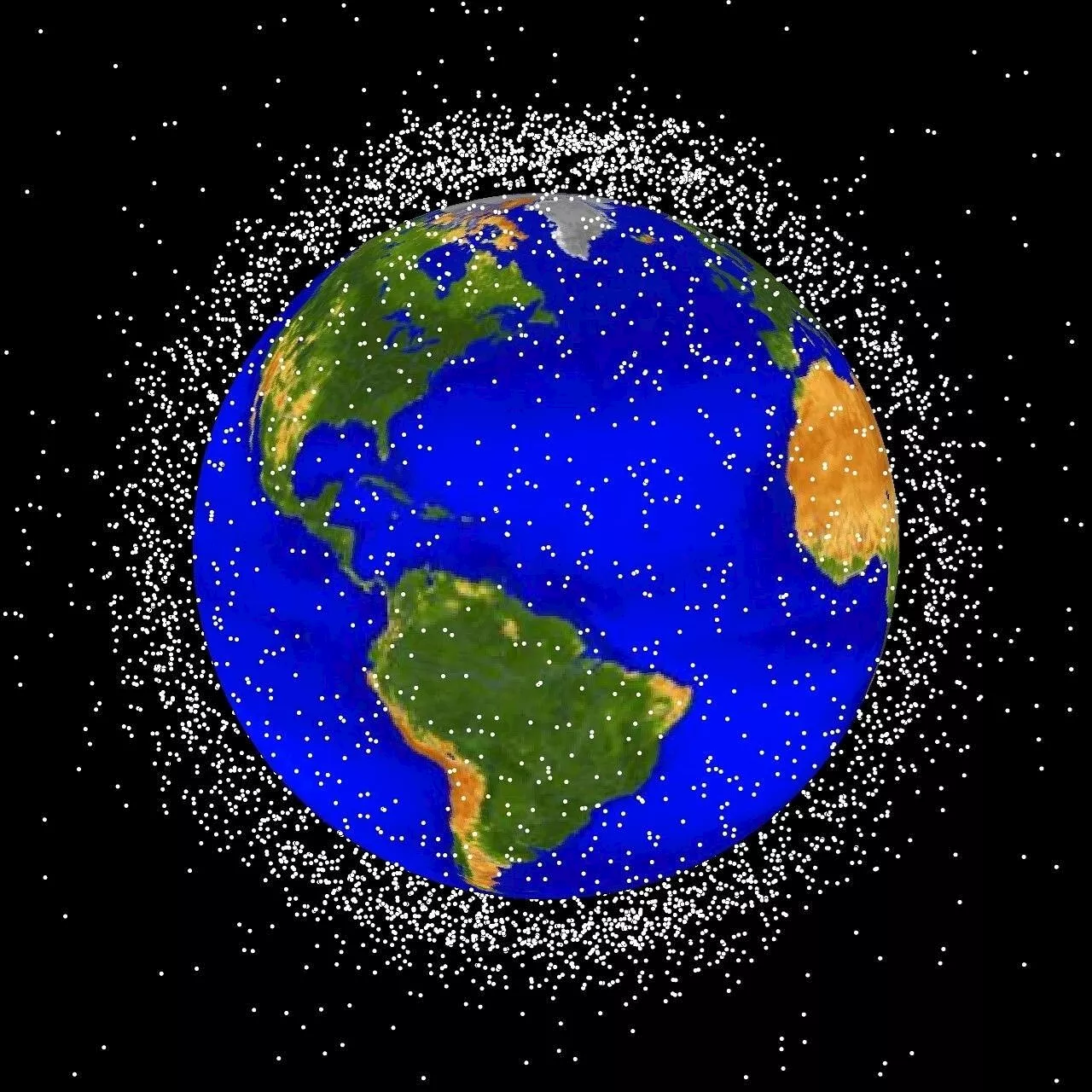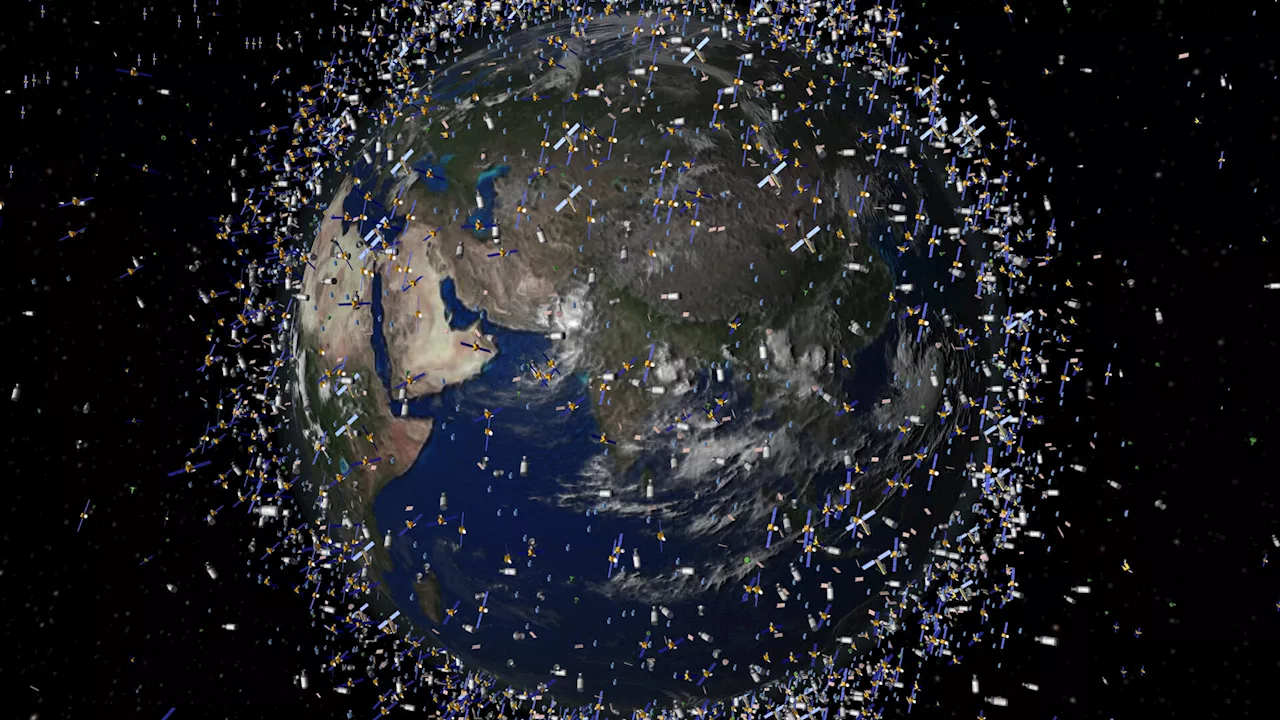Satellites and on-the-ground sensors are helping Kenya, Ghana and Zambia tackle inundation risks and farmers cope with drought.
This document is subject to copyright. Apart from any fair dealing for the purpose of private study or research, no part may be reproduced without the written permission. The content is provided for information purposes only.Use this form if you have come across a typo, inaccuracy or would like to send an edit request for the content on this page. For general inquiries, please use ourThank you for taking time to provide your feedback to the editors.
Your feedback is important to us. However, we do not guarantee individual replies due to the high volume of messages.to let the recipient know who sent the email. Neither your address nor the recipient's address will be used for any other purpose. The information you enter will appear in your e-mail message and is not retained by Phys.org in any form.Get weekly and/or daily updates delivered to your inbox.
This site uses cookies to assist with navigation, analyse your use of our services, collect data for ads personalisation and provide content from third parties. By using our site, you acknowledge that you have read and understand our
México Últimas Noticias, México Titulares
Similar News:También puedes leer noticias similares a ésta que hemos recopilado de otras fuentes de noticias.
 Investing in Space: On satellites, the invisible backbone of global industry“Space-based technologies are the building blocks of innovation on Earth.'
Investing in Space: On satellites, the invisible backbone of global industry“Space-based technologies are the building blocks of innovation on Earth.'
Leer más »
North Korea Likely Seeking Hypersonics, Satellites From RussiaMassive shipping containers filled with North Korean weapons and munitions have been arriving in Russia amid Moscow's war in Ukraine - and experts say Kim Jong Un's stockpile will come at a cost to the Kremlin.
Leer más »
 How US Could Respond if Russia Shoots Down SatellitesOn Monday, a Russian Foreign Ministry official said Moscow could shoot down Western commercial satellites should they be used to assist Ukraine in the war.
How US Could Respond if Russia Shoots Down SatellitesOn Monday, a Russian Foreign Ministry official said Moscow could shoot down Western commercial satellites should they be used to assist Ukraine in the war.
Leer más »
 Study shows need for ITU to tighten regulations for low orbit satellites as filing numbers growA small team of political scientists and astronomers at the University of British Columbia has conducted a study of the number of filings to the International Telecommunication Union (ITU) by entities wishing to send satellites into low orbit and has found the numbers growing so fast that soon there will not be room for new satellite deployments.
Study shows need for ITU to tighten regulations for low orbit satellites as filing numbers growA small team of political scientists and astronomers at the University of British Columbia has conducted a study of the number of filings to the International Telecommunication Union (ITU) by entities wishing to send satellites into low orbit and has found the numbers growing so fast that soon there will not be room for new satellite deployments.
Leer más »
 Astronomers could 'lose access' to the stars due to bright satellitesInteresting Engineering is a cutting edge, leading community designed for all lovers of engineering, technology and science.
Astronomers could 'lose access' to the stars due to bright satellitesInteresting Engineering is a cutting edge, leading community designed for all lovers of engineering, technology and science.
Leer más »
